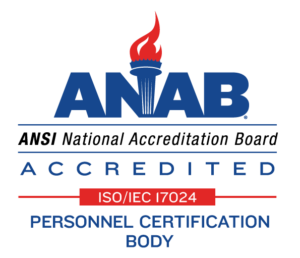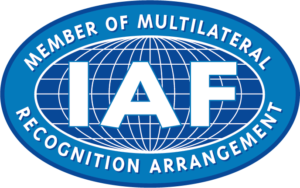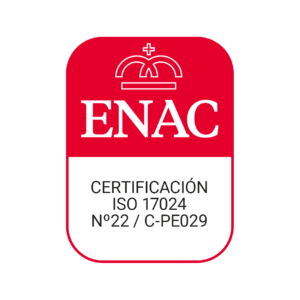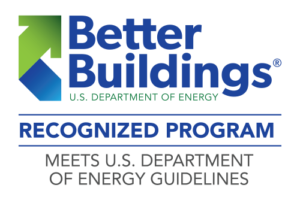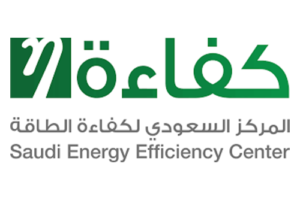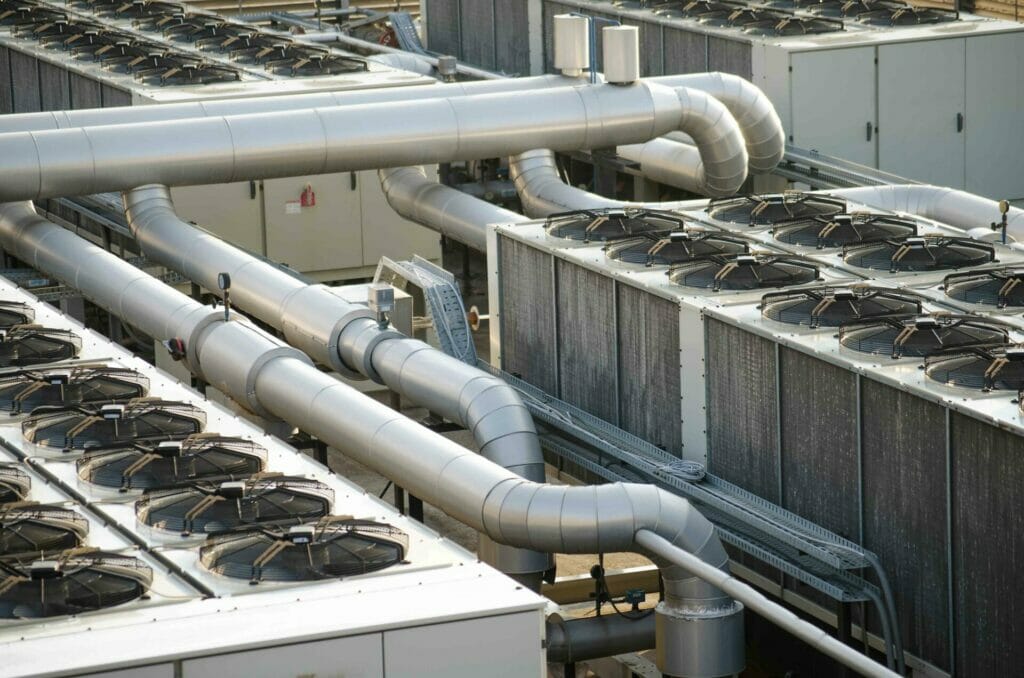Is Your Agency Looking to Prepare Workers to Deliver Energy Efficiency, Electrification, and Clean Energy Improvements?
The DOE recently announced $200 Million in funding for the The State-Based Home Energy Efficiency Contractor Training Grants (Contractor Training Program) to train, test, and certify residential energy efficiency and electrification contractors. Read the full press release here.
Who We Are
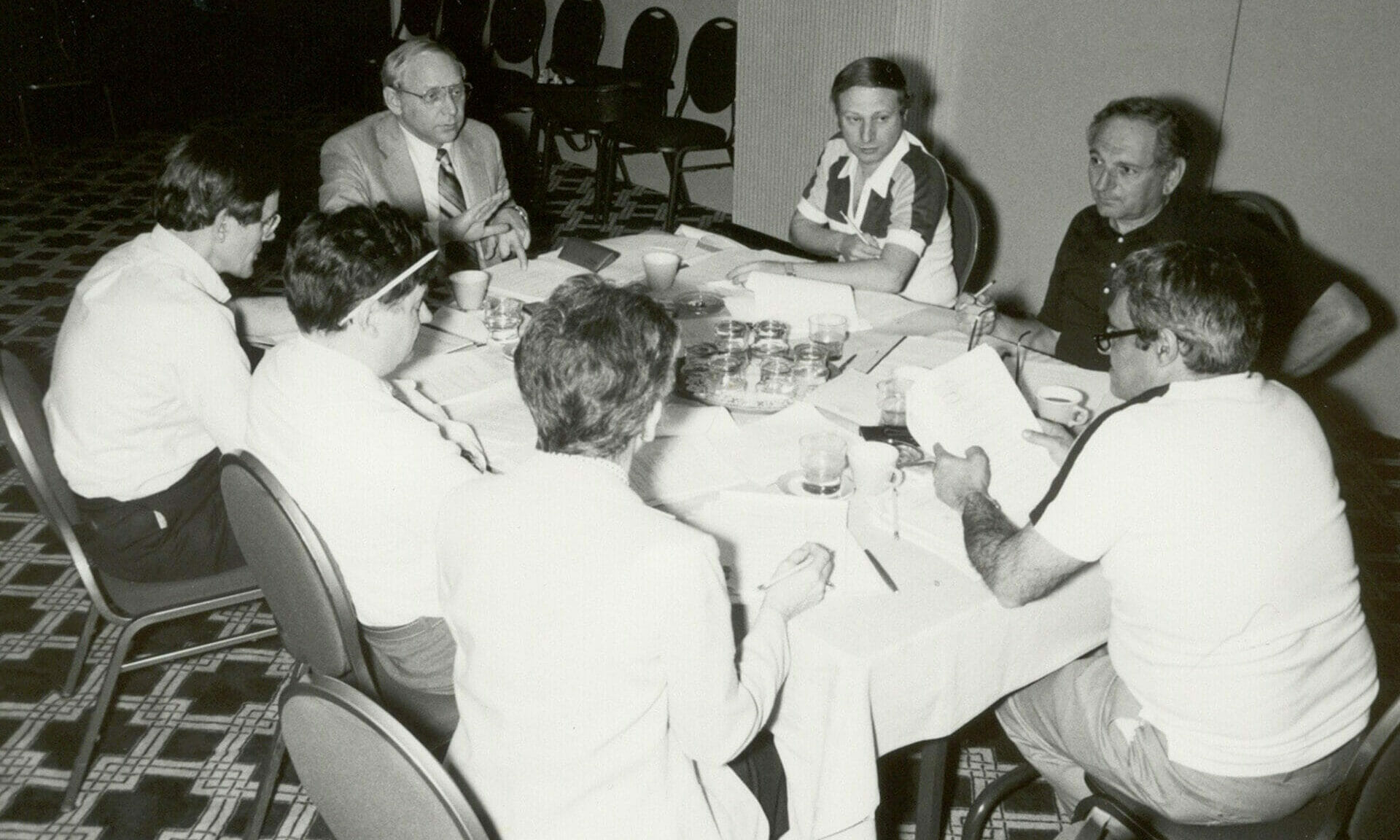
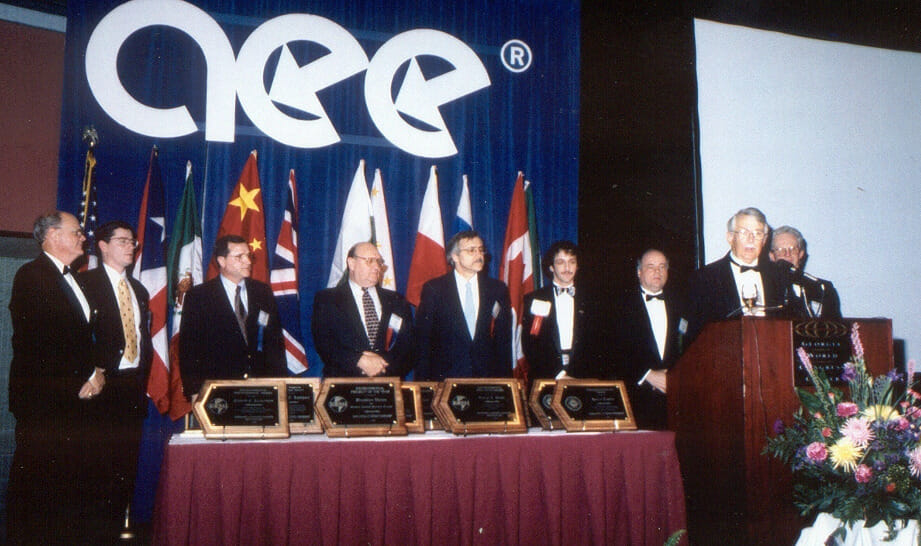
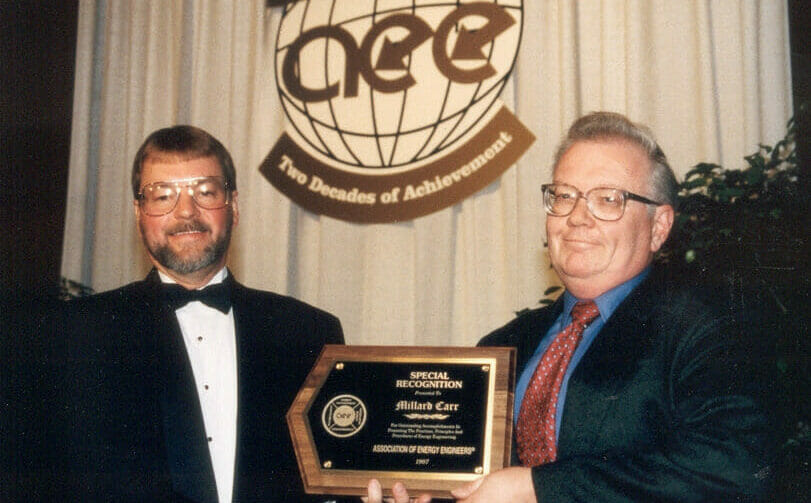

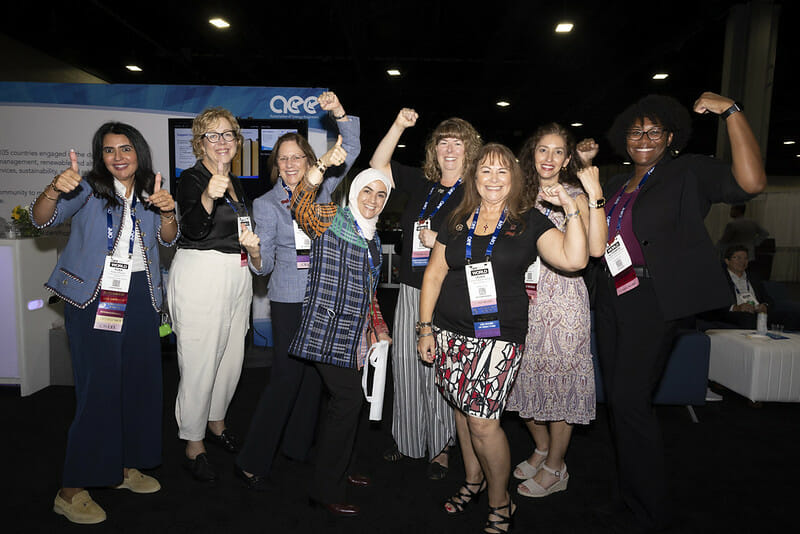
The Association of Energy Engineers (AEE), founded in 1977, is a non-profit professional association of more than 17,000 members and over 32,000 certified professionals in more than 100 countries worldwide dedicated to serving members and other industry professionals to save energy, reduce GHGs, make buildings perform better, and help reach global goals for Net-Zero.
AEE has been at the forefront of energy management and energy efficiency for over 40 years. Our certification programs are accredited, internationally accepted, and recognized by industry professionals and the communities they serve. AEE has a rich history of working with State Offices on preparing their workforces.
AEE is Named as a Credentialed Organization
The CEA is the first recognized program under the Better Buildings Workforce Guidelines. The Better Buildings Workforce Guidelines were developed in collaboration between the U.S. Department of Energy (DOE) and the commercial energy performance industry to strengthen the growing energy efficiency market by certifying a highly skilled workforce.
CEA is approved for Home Energy Audit by the Department of Energy in conjunction with IRS’s release of 25C tax credit qualification requirements for home energy audits, For more information visit: Energy Assessment Programs | Building Science Education.
CEA is recognized as a covered certification in the Bipartisan Infrastructure Bill, Energy Auditor Training Grant Program.
AEE has Certified 3,000+ CEA's Worldwide
Who are Certified Energy Auditors?
- Do you evaluate and analyze energy use in a facility, identify energy conservation opportunities, and make recommendations where consumption can be reduced or optimized?
- Are you an energy auditor looking to validate your experience and knowledge?
- Are you a consultant that specializes in energy efficiency upgrades to buildings and building systems?
- Do you conduct audits and assessments in government buildings and are required to work to the US Department of Energy’s Guide to Energy Audits?
What Does a CEA Do?
Why We Need Certified Energy Auditors
1. Energy Efficiency Goals: The US is increasingly focused on reducing energy consumption and greenhouse gas emissions. By receiving your CEA credential, you can assess energy usage, detect inefficiencies, and recommend cost-effective measures to improve energy efficiency.
2. Cost Savings: Help your company identify wasteful energy practices, save costs, and improve energy efficiency.
3. Regulatory Compliance: Are there energy efficiency standards and codes in your area? Compliance with these regulations often requires energy audits to assess and verify energy performance. By receiving proper training, you can ensure compliance with these regulations, avoiding penalties and legal issues while helping their clients meet the required standards.
4. Sustainability Initiatives: Energy auditing training equips you with the knowledge and skills to promote sustainability in the built environment. By contributing to sustainability initiatives, trained auditors support a cleaner and greener future.
5. Job Opportunities: The demand for energy auditors is increasing due to the emphasis on energy efficiency and sustainability. As a trained professional, you can work for government agencies, energy service companies, consulting firms, or start your own auditing businesses.
Learn More About AEE Training Formats
1. AEE’s In-Person Training Programs deliver a premium classroom training experience to every attendee, whether they are delivered by AEE, a local chapter, or an approved training partner. These focused multi-day programs are held in cities worldwide.
2. AEE's On-Demand Training Programs allow you to take control of your professional development journey by learning at your own pace. Acquire new skills, expand your knowledge, and stay relevant in a rapidly changing job market. AEE delivers three certifications on-demand, giving you flexibility to learn from industry experts and grow your career without taking time off.
3. AEE's Virtual Training Programs allow you to participate in a virtual non-recorded, fully interactive, instructor-led training experience from the comfort of their own home or office.
Explore the Energy Efficiency Practitioner (EEP™) Program
The current Energy Efficiency Practitioner (EEP) program is designed to help educate and qualify new or recent entrants into the energy management field on best practices for improving energy efficiency and sustainability in residential and commercial buildings. By obtaining the EEP Certification, candidates will gain industry and peer recognition by demonstrating their understanding of technical and operational energy management principles. The program serves as a fundamental building block for additional individual professional development such as obtaining the Business Energy Professional (BEP), Certified Energy Auditor (CEA), or Certified Energy Manager (CEM) designation.
Who are Energy Efficiency Practitioners?
- Are you a young or new energy professional looking to jump-start your career?
- Are you an energy technician responsible for the operation and maintenance of your company’s building, looking for job recognition or career growth?
- Are you a building owner looking to understand how you can make your facility more energy efficient without an in-depth knowledge of energy engineering?
What Does an EEP™ Do?
Energy efficiency practitioners are managers or technicians engaged in facility and building management, maintenance, and operation. They can be from any sector of the community, such as business, government, institutional, or industrial. If you work in an office block, high-capacity residential, hospital, school or university, government, or municipal building, becoming a Certified Energy Efficiency Practitioner (EEP™) may be right for you.
